The 2026 conference programme will be announced in March 2026. Please find below the programme from 2025 for interest:
Friday 20th June 2025
NEW FOR 2025! Oncologists, doctors, nutritionists, scientists and patients will share their first-hand knowledge on the science and evidence behind the benefits of taking an integrative approach to cancer care.
Experts will discuss topics such as the impact of fasting and nutraceuticals on cancer care and innovations in microbiome engineering. Presentations will include real-world data from pioneering programs in France and the UK, showcasing how integrative approaches can enhance patient care. Attendees will gain valuable insights into how integrative oncology can improve patient experiences, reduce side effects and support overall well-being during treatment.
6.5 CPD Points.
-
The Gielgud
-
The GielgudDr Penny Kechagioglou, Consultant Clinical Oncologist, Chief Clinical Information Officer, deputy Chief Medical Officer UHCW & UKIHCA Health Coach, will talk about her own shift from conventional standard-of-care oncologist to health coach and advocate for Integrative Medicine.
-
The Gielgud
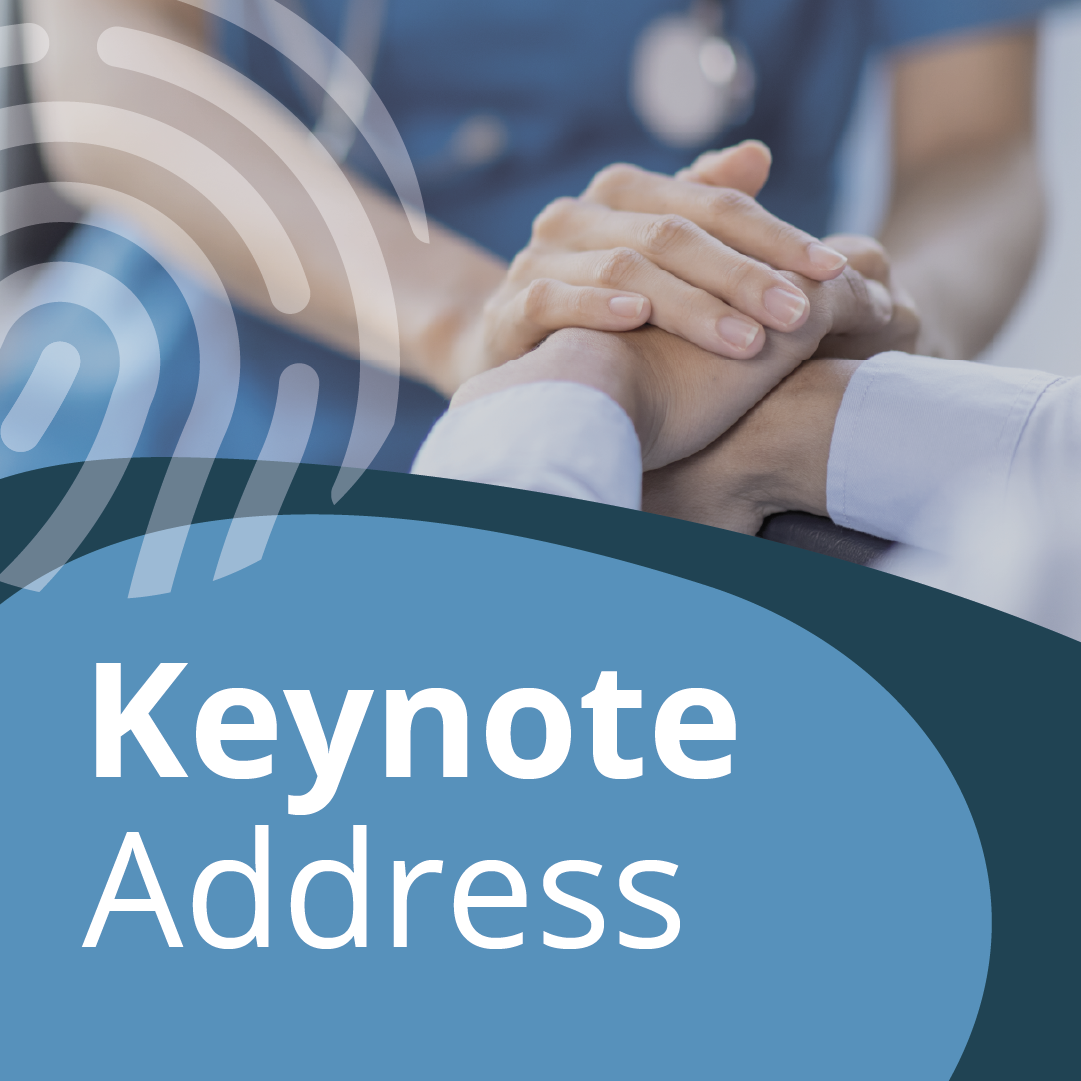
Dr Longo's studies explore whether fasting and fasting-mimicking diets can make cancer therapies potentially more effective and less toxic to patients. He will be presenting data gathered over a decade and a half and discussing the potential applications of his research alongside mainstream treatments.
-
The GielgudProf Robert Thomas, has recently taken on the role of Head of Integrative Oncology at the Royal London Hospital for Integrated Medicine (RLHIM) in addition to his NHS and private oncology practices in Cambridge and Bedfordshire. He has been gathering data on the cancer-related conditions they manage at the RLHIM and will share his insights and reflections on the impact and potential benefits of the different integrative approaches they use.
-
The Gielgud
Dr Jean-Lionel Bagot's presentation will highlight France’s first Integrative Oncology Day Hospital, now five years in operation as part of mainstream cancer care protocols in Strasbourg. He will present qualitative data on their unique therapeutic meal program, and patient perceptions of their complementary therapy consultations. He will also discuss the French Society of Integrative Oncology's work and highlight how therapeutic guidelines, for example those produced by the International Homeopathic Society for Supportive Care in Oncology, can ensure safety while increasing patient choice.
-
The Exhibition HallsTime to visit the exhibition halls
-
The GielgudDr James Kinross, reader in colorectal surgery and a consultant surgeon at Imperial College London, where his research team are trying to engineer the microbiome to improve cancer therapy and reduce the adverse side effects of chemotherapy.
-
The GielgudPhysical activity in oncology has transcended its role in prevention, emerging as a vital component of cancer therapy with the potential to transform patient outcomes. Darryl Edwards will highlight the barriers for integrating physical activity into clinical practice and highlight practical, evidence-based approaches for therapeutic exercise across the continuum of cancer care.
-
The Gielgud
Dr Wafaa will highlight the importance of understanding cancer dynamics and will discuss affordable and non-negotiable tests that she utilises. She will also highlight key lifestyle changes, which are simple, affordable, and done at home, that are vital for controlling the cancer microenvironment and enhancing treatment success.
-
The Exhibition Halls
-
The GielgudDr Sam Watts will explore the clinical and evidential synergy between the Western and Ayurvedic understanding of exceptional cancer survival, the mechanisms that are predictive of this state and how Ayurveda can provide a unified framework for the adoption of these mechanisms.
-
The GielgudMistletoe therapy is a complementary treatment used in integrative oncology to support cancer patients by stimulating the immune system. Dr Nasha Winters will highlight how mistletoe therapy is utilised in a holistic approach to cancer treatment, emphasizing its potential to reduce side effects of conventional treatments, such as chemotherapy, while promoting healing and vitality.
-
The Gielgud
-
The Exhibition HallsTime to visit the exhibition halls
-
The Gielgud

The panel will explore the transformative potential of psychedelic medicine in addressing the psychospiritual needs of cancer patients. By alleviating existential distress, end of life anxiety, and depression, psychedelics offer a unique pathway to emotional healing and a deeper sense of meaning. The discussion will cover current research, therapeutic applications, and real-world experiences, highlighting how these medicines, when used in the appropriate settings, and with skilled support, can help patients navigate their journey with greater peace, resilience, and connection.
-
The Gielgud
Jo Gamble and Julia Bradbury will be examining an integrative oncology case of a chronic cancer and the long term management of patients on their cancer journey. They will explore how they have supported the patient journey: integrating a fully Integrative approach into the NHS model, drawing on the knowledge of metabolic approaches, gut microbe, oral microbiome, toxicity, off licence prescribing, spiritual growth, breath work and psychosocial support. The presentation will demonstrate the need and importance of bringing a team together centred around the patient as an individualised approach to wellness.
-
The Gielgud

This session will draw together themes explored throughout the day, from a healthcare professional and patient perspective. Drawing on the experiences of hundreds of patients exploring various forms of IO, Mark Taylor will highlight some of the key challenges they face and our speakers will consider what changes and initiatives they feel might be most helpful in bridging the gaps. There will also be a chance for some audience questions and brief reflections.
Speakers
)
)
)
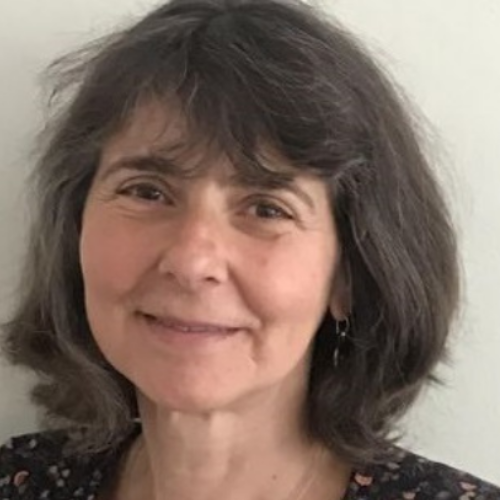
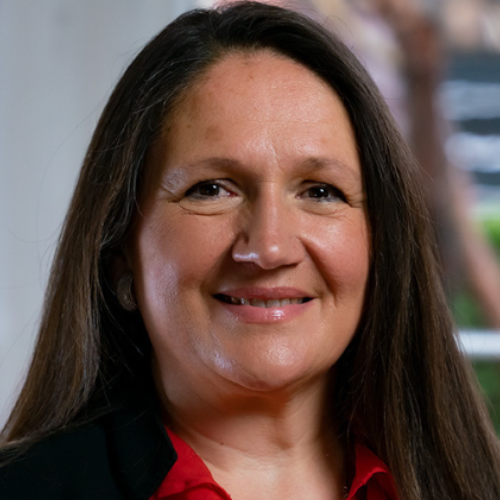
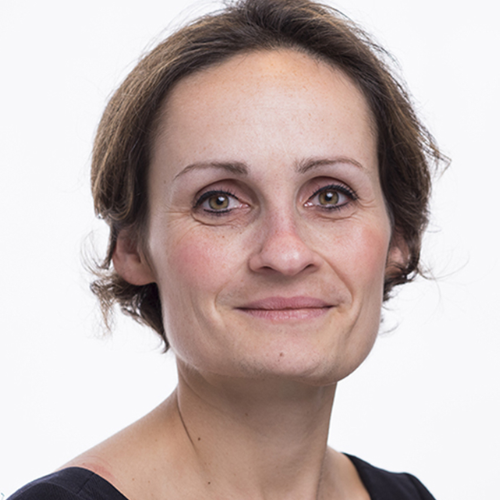
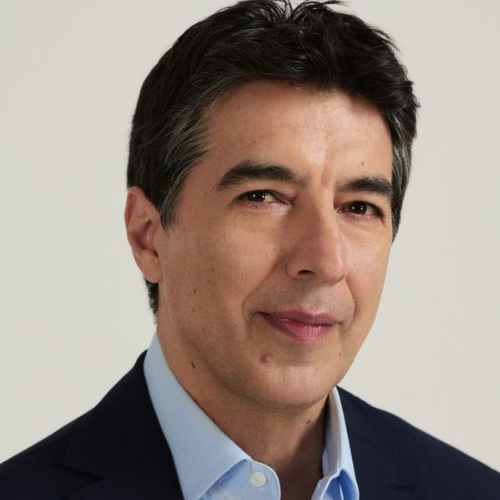
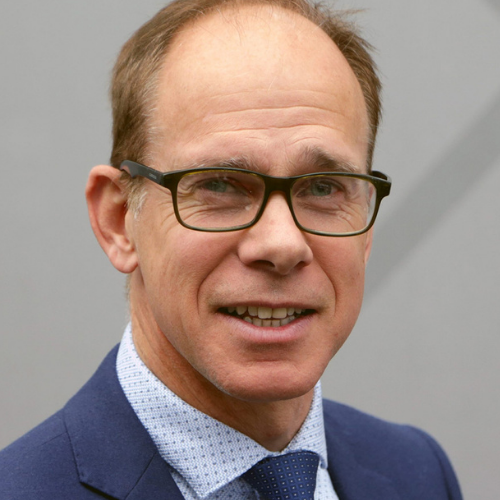
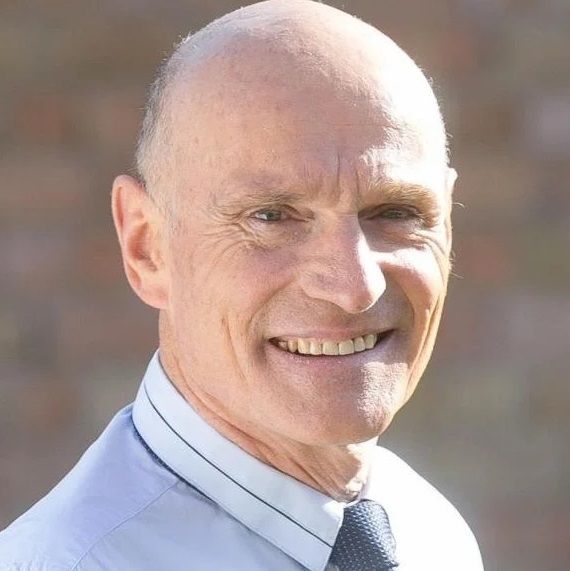
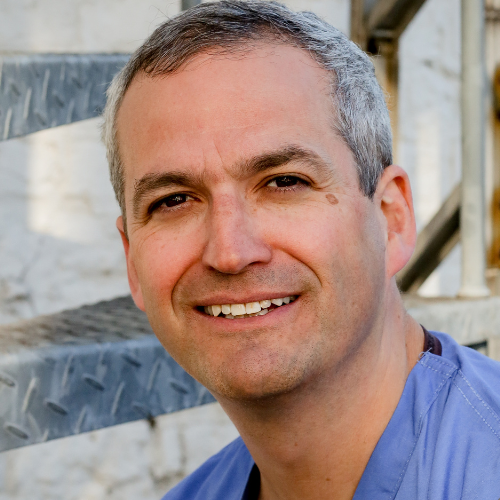
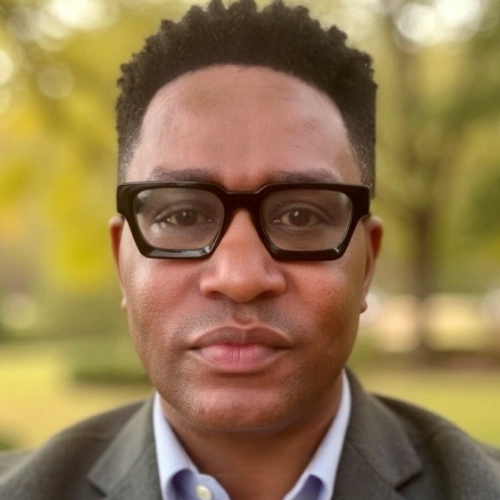
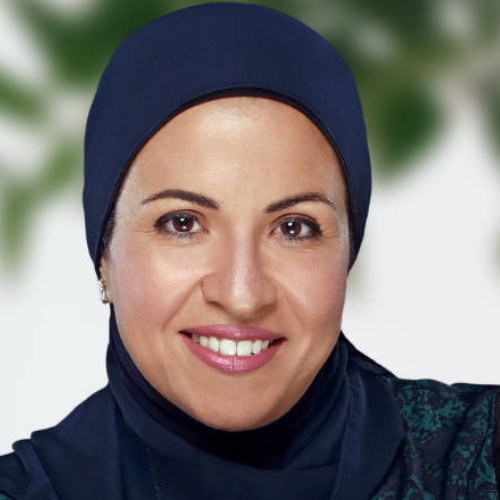
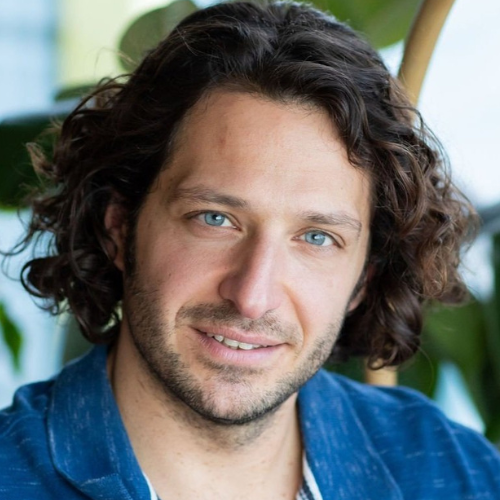
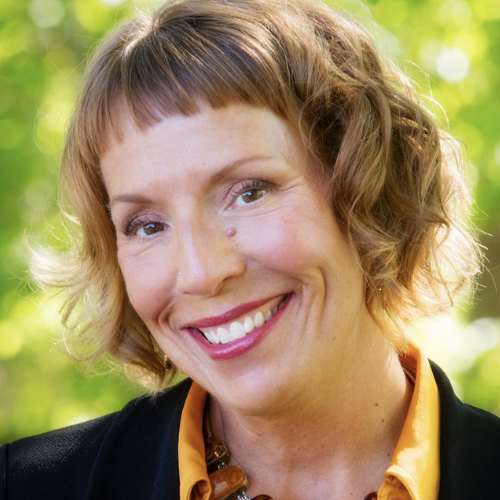

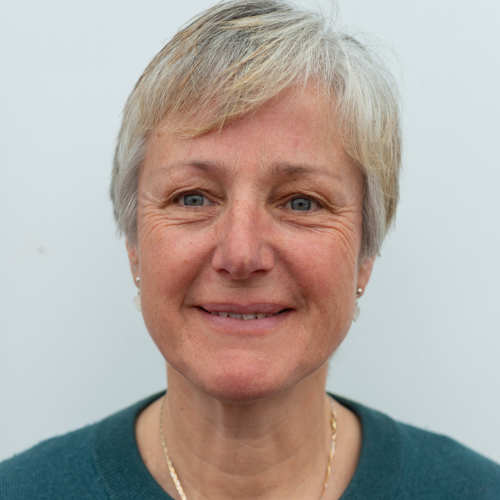
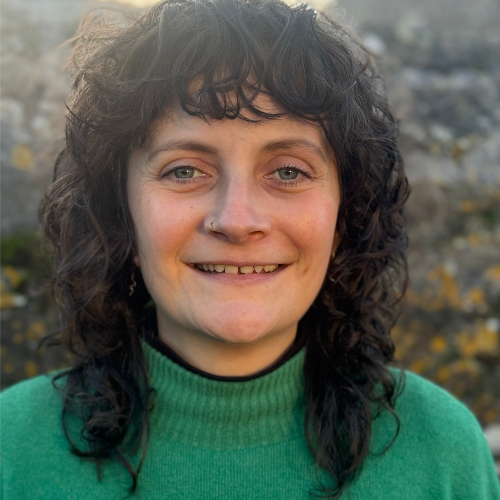
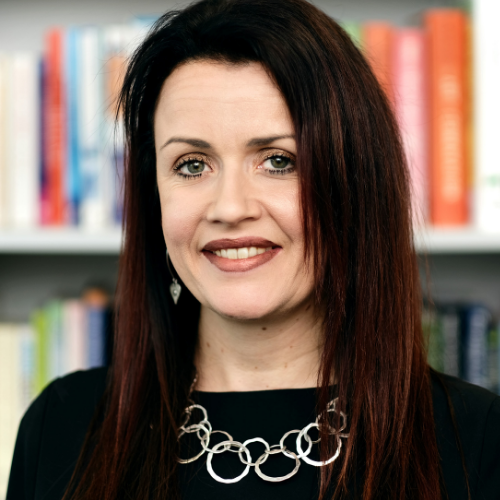
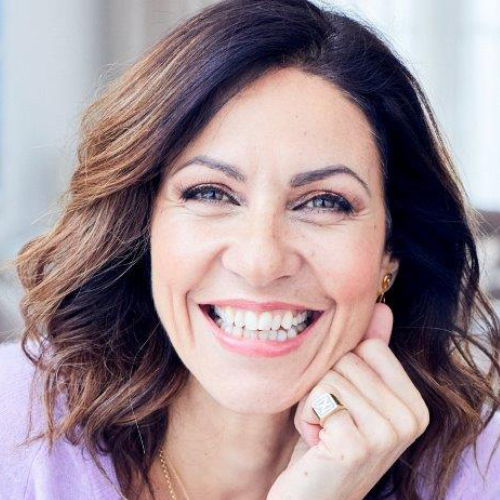
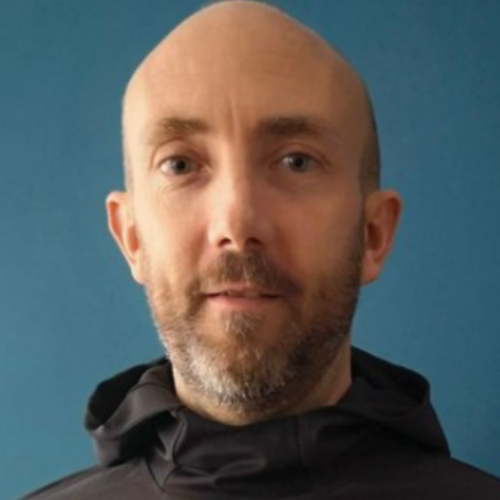

.jpg.png)
|https://cdn.asp.events/CLIENT_Progress_084371A2_5056_B739_5406DC209314F095/sites/IPM-2025/media/libraries/exhibitors/Apex-Energetics.png/fit-in/640x9999/filters:no_upscale())
|https://cdn.asp.events/CLIENT_Progress_084371A2_5056_B739_5406DC209314F095/sites/IPM-2025/media/libraries/exhibitors/Pure-Encapsulations-NEW3.jpg/fit-in/640x9999/filters:no_upscale())
|https://cdn.asp.events/CLIENT_Progress_084371A2_5056_B739_5406DC209314F095/sites/IPM-2025/media/libraries/exhibitors/Nordic labs NEW.png/fit-in/640x9999/filters:no_upscale())
|https://cdn.asp.events/CLIENT_Progress_084371A2_5056_B739_5406DC209314F095/sites/IPM-2025/media/libraries/exhibitors/Nelsons Corporate logo.jpg/fit-in/640x9999/filters:no_upscale())
|https://cdn.asp.events/CLIENT_Progress_084371A2_5056_B739_5406DC209314F095/sites/IPM-2025/media/libraries/exhibitors/Lingo_Made-by-Abbott-002-crop.png/fit-in/640x9999/filters:no_upscale())
|https://cdn.asp.events/CLIENT_Progress_084371A2_5056_B739_5406DC209314F095/sites/IPM-2025/media/libraries/exhibitors/Venn-Healthcare.png/fit-in/640x9999/filters:no_upscale())
|https://cdn.asp.events/CLIENT_Progress_084371A2_5056_B739_5406DC209314F095/sites/IPM-2025/media/libraries/exhibitors/Pharma-Nord-logo-full-size.jpg/fit-in/640x9999/filters:no_upscale())
|https://cdn.asp.events/CLIENT_Progress_084371A2_5056_B739_5406DC209314F095/sites/IPM-2025/media/libraries/exhibitors/Vibrant-Wellness.png/fit-in/640x9999/filters:no_upscale())
|https://cdn.asp.events/CLIENT_Progress_084371A2_5056_B739_5406DC209314F095/sites/IPM-2025/media/libraries/exhibitors/Nutrined.png/fit-in/640x9999/filters:no_upscale())
|https://cdn.asp.events/CLIENT_Progress_084371A2_5056_B739_5406DC209314F095/sites/IPM-2025/media/libraries/exhibitors/QMed-Swiss-crop.png/fit-in/640x9999/filters:no_upscale())
|https://cdn.asp.events/CLIENT_Progress_084371A2_5056_B739_5406DC209314F095/sites/IPM-2025/media/libraries/exhibitors/Vitaspan.png/fit-in/640x9999/filters:no_upscale())
|https://cdn.asp.events/CLIENT_Progress_084371A2_5056_B739_5406DC209314F095/sites/IPM-2025/media/libraries/exhibitors/Maven-Health.png/fit-in/640x9999/filters:no_upscale())
|https://cdn.asp.events/CLIENT_Progress_084371A2_5056_B739_5406DC209314F095/sites/IPM-2025/media/libraries/exhibitors/HumanFirst.jpg/fit-in/640x9999/filters:no_upscale())
|https://cdn.asp.events/CLIENT_Progress_084371A2_5056_B739_5406DC209314F095/sites/IPM-2025/media/libraries/exhibitors/Hardy-Nutritionals.jpg/fit-in/640x9999/filters:no_upscale())
|https://cdn.asp.events/CLIENT_Progress_084371A2_5056_B739_5406DC209314F095/sites/IPM-2025/media/libraries/exhibitors/W_Wellness.png/fit-in/640x9999/filters:no_upscale())
|https://cdn.asp.events/CLIENT_Progress_084371A2_5056_B739_5406DC209314F095/sites/IPM-2025/media/libraries/exhibitors/Nuzest-logo.png/fit-in/640x9999/filters:no_upscale())
|https://cdn.asp.events/CLIENT_Progress_084371A2_5056_B739_5406DC209314F095/sites/IPM-2025/media/libraries/exhibitors/Oryx.jpg/fit-in/640x9999/filters:no_upscale())
|https://cdn.asp.events/CLIENT_Progress_084371A2_5056_B739_5406DC209314F095/sites/IPM-2025/media/libraries/exhibitors/Microba.jpg/fit-in/640x9999/filters:no_upscale())
|https://cdn.asp.events/CLIENT_Progress_084371A2_5056_B739_5406DC209314F095/sites/IPM-2025/media/libraries/exhibitors/BlueOak.png/fit-in/640x9999/filters:no_upscale())
|https://cdn.asp.events/CLIENT_Progress_084371A2_5056_B739_5406DC209314F095/sites/IPM-2025/media/libraries/exhibitors/Dimples.png/fit-in/640x9999/filters:no_upscale())
|https://cdn.asp.events/CLIENT_Progress_084371A2_5056_B739_5406DC209314F095/sites/IPM-2025/media/libraries/exhibitors/BetterYou.jpg/fit-in/640x9999/filters:no_upscale())
.png/fit-in/320x9999/filters:no_upscale()|https://cdn.asp.events/CLIENT_Progress_084371A2_5056_B739_5406DC209314F095/sites/IPM-2025/media/libraries/exhibitors/MicrosoftTeams-image-(3).png/fit-in/640x9999/filters:no_upscale())
|https://cdn.asp.events/CLIENT_Progress_084371A2_5056_B739_5406DC209314F095/sites/IPM-2025/media/libraries/exhibitors/L-Nutra-Health.png/fit-in/640x9999/filters:no_upscale())
|https://cdn.asp.events/CLIENT_Progress_084371A2_5056_B739_5406DC209314F095/sites/IPM-2025/media/libraries/exhibitors/ABNOBA.jpg/fit-in/640x9999/filters:no_upscale())
|https://cdn.asp.events/CLIENT_Progress_084371A2_5056_B739_5406DC209314F095/sites/IPM-2025/media/libraries/exhibitors/GLXG.png/fit-in/640x9999/filters:no_upscale())
|https://cdn.asp.events/CLIENT_Progress_084371A2_5056_B739_5406DC209314F095/sites/IPM-2025/media/libraries/exhibitors/Eagle-Clinical.png/fit-in/640x9999/filters:no_upscale())
|https://cdn.asp.events/CLIENT_Progress_084371A2_5056_B739_5406DC209314F095/sites/IPM-2025/media/libraries/exhibitors/Regenerative-Omegas_Ahiflower.png/fit-in/640x9999/filters:no_upscale())
|https://cdn.asp.events/CLIENT_Progress_084371A2_5056_B739_5406DC209314F095/sites/IPM-2025/media/libraries/exhibitors/Virun.jpg/fit-in/640x9999/filters:no_upscale())
|https://cdn.asp.events/CLIENT_Progress_084371A2_5056_B739_5406DC209314F095/sites/FIMedicine-2022/media/libraries/exhibitors/Altruvita.png/fit-in/640x9999/filters:no_upscale())
|https://cdn.asp.events/CLIENT_Progress_084371A2_5056_B739_5406DC209314F095/sites/IPM-2025/media/libraries/exhibitors/Terranova.png/fit-in/640x9999/filters:no_upscale())
|https://cdn.asp.events/CLIENT_Progress_084371A2_5056_B739_5406DC209314F095/sites/FIMedicine-2022/media/libraries/exhibitors/Proven-Biotics.png/fit-in/640x9999/filters:no_upscale())
|https://cdn.asp.events/CLIENT_Progress_084371A2_5056_B739_5406DC209314F095/sites/IPM-2025/media/libraries/exhibitors/PROTINA.jpg/fit-in/640x9999/filters:no_upscale())
|https://cdn.asp.events/CLIENT_Progress_084371A2_5056_B739_5406DC209314F095/sites/IPM-2025/media/libraries/exhibitors/RegenerusLabs.png/fit-in/640x9999/filters:no_upscale())
|https://cdn.asp.events/CLIENT_Progress_084371A2_5056_B739_5406DC209314F095/sites/IPM-2025/media/libraries/exhibitors/Rayonex-hi-res.jpg/fit-in/640x9999/filters:no_upscale())
|https://cdn.asp.events/CLIENT_Progress_084371A2_5056_B739_5406DC209314F095/sites/IPM-2025/media/libraries/exhibitors/Bristol-Fungarium.png/fit-in/640x9999/filters:no_upscale())
|https://cdn.asp.events/CLIENT_Progress_084371A2_5056_B739_5406DC209314F095/sites/IPM-2025/media/libraries/exhibitors/Doctors-Data.png/fit-in/640x9999/filters:no_upscale())
|https://cdn.asp.events/CLIENT_Progress_084371A2_5056_B739_5406DC209314F095/sites/IPM-2025/media/libraries/exhibitors/TheraLogo_2_Grey_v2.png/fit-in/640x9999/filters:no_upscale())
|https://cdn.asp.events/CLIENT_Progress_084371A2_5056_B739_5406DC209314F095/sites/IPM-2025/media/libraries/exhibitors/Pure-Maintenance-NEW.png/fit-in/640x9999/filters:no_upscale())
|https://cdn.asp.events/CLIENT_Progress_084371A2_5056_B739_5406DC209314F095/sites/IPM-2025/media/libraries/exhibitors/TotallyDerma.png/fit-in/640x9999/filters:no_upscale())
|https://cdn.asp.events/CLIENT_Progress_084371A2_5056_B739_5406DC209314F095/sites/IPM-2025/media/libraries/exhibitors/Natroceutics.png/fit-in/640x9999/filters:no_upscale())
|https://cdn.asp.events/CLIENT_Progress_084371A2_5056_B739_5406DC209314F095/sites/IPM-2025/media/libraries/exhibitors/OMED-Health.jpg/fit-in/640x9999/filters:no_upscale())
|https://cdn.asp.events/CLIENT_Progress_084371A2_5056_B739_5406DC209314F095/sites/IPM-2025/media/libraries/exhibitors/Tigon.jpg/fit-in/640x9999/filters:no_upscale())
|https://cdn.asp.events/CLIENT_Progress_084371A2_5056_B739_5406DC209314F095/sites/IPM-2025/media/libraries/exhibitors/Ancient---Brave.png/fit-in/640x9999/filters:no_upscale())
|https://cdn.asp.events/CLIENT_Progress_084371A2_5056_B739_5406DC209314F095/sites/IPM-2025/media/libraries/exhibitors/Wild-Nutrition_2.png/fit-in/640x9999/filters:no_upscale())
|https://cdn.asp.events/CLIENT_Progress_084371A2_5056_B739_5406DC209314F095/sites/IPM-2025/media/libraries/exhibitors/DR.Vegan.png/fit-in/640x9999/filters:no_upscale())
|https://cdn.asp.events/CLIENT_Progress_084371A2_5056_B739_5406DC209314F095/sites/IPM-2025/media/libraries/exhibitors/Nutri-Link.png/fit-in/640x9999/filters:no_upscale())
|https://cdn.asp.events/CLIENT_Progress_084371A2_5056_B739_5406DC209314F095/sites/IPM-2025/media/libraries/exhibitors/BodyBio-NEW.jpg/fit-in/640x9999/filters:no_upscale())
|https://cdn.asp.events/CLIENT_Progress_084371A2_5056_B739_5406DC209314F095/sites/IPM-2025/media/libraries/exhibitors/Herrens-Mark.png/fit-in/640x9999/filters:no_upscale())
|https://cdn.asp.events/CLIENT_Progress_084371A2_5056_B739_5406DC209314F095/sites/IPM-2025/media/libraries/exhibitors/BioCare_Logo_750x750.jpg/fit-in/640x9999/filters:no_upscale())
|https://cdn.asp.events/CLIENT_Progress_084371A2_5056_B739_5406DC209314F095/sites/IPM-2025/media/libraries/exhibitors/AONM.jpg/fit-in/640x9999/filters:no_upscale())
|https://cdn.asp.events/CLIENT_Progress_084371A2_5056_B739_5406DC209314F095/sites/IPM-2025/media/logos/HifasDaTerra.png/fit-in/640x9999/filters:no_upscale())
|https://cdn.asp.events/CLIENT_Progress_084371A2_5056_B739_5406DC209314F095/sites/IPM-2025/media/libraries/exhibitors/Keto-Mojo-Logo.new.jpg/fit-in/640x9999/filters:no_upscale())
|https://cdn.asp.events/CLIENT_Progress_084371A2_5056_B739_5406DC209314F095/sites/IPM-2025/media/libraries/exhibitors/KBMO-Diagnostics.png/fit-in/640x9999/filters:no_upscale())
|https://cdn.asp.events/CLIENT_Progress_084371A2_5056_B739_5406DC209314F095/sites/IPM-2025/media/libraries/exhibitors/Lamberts-NEW.png/fit-in/640x9999/filters:no_upscale())
|https://cdn.asp.events/CLIENT_Progress_084371A2_5056_B739_5406DC209314F095/sites/IPM-2025/media/libraries/exhibitors/Bare-Biology-Logo.jpg/fit-in/640x9999/filters:no_upscale())
|https://cdn.asp.events/CLIENT_Progress_084371A2_5056_B739_5406DC209314F095/sites/IPM-2025/media/libraries/exhibitors/Metagenics.jpg/fit-in/640x9999/filters:no_upscale())
|https://cdn.asp.events/CLIENT_Progress_084371A2_5056_B739_5406DC209314F095/sites/IPM-2025/media/libraries/exhibitors/FunctionalMind.png/fit-in/640x9999/filters:no_upscale())
|https://cdn.asp.events/CLIENT_Progress_084371A2_5056_B739_5406DC209314F095/sites/IPM-2025/media/libraries/exhibitors/Really-Healthy-NEW.png/fit-in/640x9999/filters:no_upscale())
|https://cdn.asp.events/CLIENT_Progress_084371A2_5056_B739_5406DC209314F095/sites/IPM-2025/media/logos/Geneva.png/fit-in/640x9999/filters:no_upscale())
|https://cdn.asp.events/CLIENT_Progress_084371A2_5056_B739_5406DC209314F095/sites/IPM-2025/media/logos/Helixor70.jpg/fit-in/640x9999/filters:no_upscale())
|https://cdn.asp.events/CLIENT_Progress_084371A2_5056_B739_5406DC209314F095/sites/IPM-2025/media/libraries/exhibitors/The-Natural-Dispensary-NEW.jpg/fit-in/640x9999/filters:no_upscale())
|https://cdn.asp.events/CLIENT_Progress_084371A2_5056_B739_5406DC209314F095/sites/IPM-2025/media/libraries/exhibitors/Invivo.png/fit-in/640x9999/filters:no_upscale())
|https://cdn.asp.events/CLIENT_Progress_084371A2_5056_B739_5406DC209314F095/sites/IPM-2025/media/libraries/exhibitors/Iscador.jpg/fit-in/640x9999/filters:no_upscale())
|https://cdn.asp.events/CLIENT_Progress_084371A2_5056_B739_5406DC209314F095/sites/IPM-2025/media/logos/LifecodeGX.jpg.png/fit-in/640x9999/filters:no_upscale())
|https://cdn.asp.events/CLIENT_Progress_084371A2_5056_B739_5406DC209314F095/sites/IPM-2025/media/libraries/exhibitors/Viridian-Logo---MASTER-V3_Viridian-Logotype---Tag.png/fit-in/640x9999/filters:no_upscale())
|https://cdn.asp.events/CLIENT_Progress_084371A2_5056_B739_5406DC209314F095/sites/IPM-2025/media/libraries/exhibitors/Weleda-NEW.png/fit-in/640x9999/filters:no_upscale())
|https://cdn.asp.events/CLIENT_Progress_084371A2_5056_B739_5406DC209314F095/sites/IPM-2025/media/libraries/exhibitors/CytoplanCropped.jpg/fit-in/640x9999/filters:no_upscale())
|https://cdn.asp.events/CLIENT_Progress_084371A2_5056_B739_5406DC209314F095/sites/IPM-2025/media/libraries/exhibitors/Balance-Healthcare-New.png/fit-in/640x9999/filters:no_upscale())
|https://cdn.asp.events/CLIENT_Progress_084371A2_5056_B739_5406DC209314F095/sites/IPM-2025/media/libraries/exhibitors/OxfordHealthspan1.png/fit-in/640x9999/filters:no_upscale())
|https://cdn.asp.events/CLIENT_Progress_084371A2_5056_B739_5406DC209314F095/sites/IPM-2025/media/libraries/exhibitors/Colab-Services.jpg/fit-in/640x9999/filters:no_upscale())
|https://cdn.asp.events/CLIENT_Progress_084371A2_5056_B739_5406DC209314F095/sites/IPM-2025/media/libraries/exhibitors/BOIRONcrop.jpg/fit-in/640x9999/filters:no_upscale())
)
)
)
-(1).png/fit-in/150x9999/filters:no_upscale())
)
)
)
)
)
)
)
)
)
)
)
)
)
)
)
)
)
)
)
)
)
)
)
---RGB---web.jpg.png/fit-in/150x9999/filters:no_upscale())
---RGB---web.jpg.png/fit-in/150x9999/filters:no_upscale())
)
)
)
)
)
)
)
)
)
)
)
)
)
)
)
)
)
.png/fit-in/150x9999/filters:no_upscale())
)
)
)
)
)
)
)
)
)
)
)
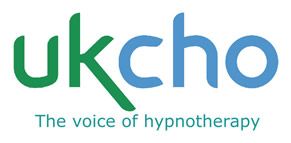
)
)
)
